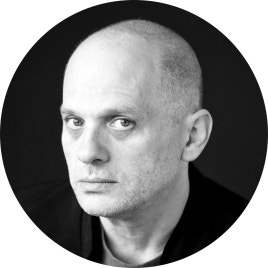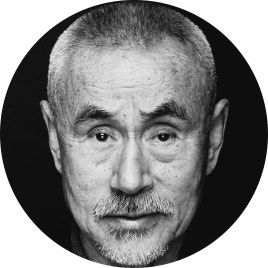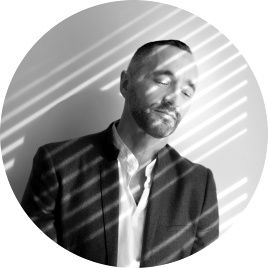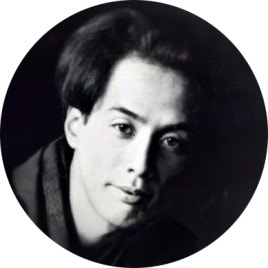
NOTE TO A FRIEND
In response to Japan Society’s commission for a new chamber opera, Pulitzer Prize-winning composer David Lang combined and reimagined three texts by iconic Japanese novelist Ryunosuke Akutagawa. The result is this stunning and haunting monodrama, note to a friend, addressing our eternal human fascinations with death, love, family and suicide. Theater luminary Yoshi Oida, Paris-based opera director and longtime member of Peter Brook’s international theater company, directs this world premiere for the legendary New York vocalist Theo Bleckmann. The musicians are from Japan, and have been selected by Tokyo Bunka Kaikan in Japan, co-producer of this production. Don't miss this meetup of international gems!
*Please note the performance on Thursday, January 12 will be followed by a MetLife Meet-the-Artist Reception, and the performance on Saturday, January 14 will be followed by an artist conversation.
note to a friend is co-produced by Japan Society and Tokyo Bunka Kaikan, and is supported by Doug and Teresa Peterson, with special cooperation from The Japan Foundation, New York. Additional support is provided by the New York State Council on the Arts with the support of the Office of the Governor and the New York State Legislature. This project, commissioned and presented by Japan Society, makes its world premiere as part of PROTOTYPE Festival 2023.
Composed by — David Lang
Libretto by — David Lang
Based on texts by — Ryunosuke Akutagawa
Directed by — Yoshi Oida
Scenic design and painting by — Tom Schneck
Featuring — Theo Bleckmann & Cyrus Moshrefi
Instrumentalists — Kyoko Ogawa, Tomotaka Seki, Ayaka Tahara, Ayano Kamimura
Duration — 60 minutes
Team
David Lang
COMPOSER



